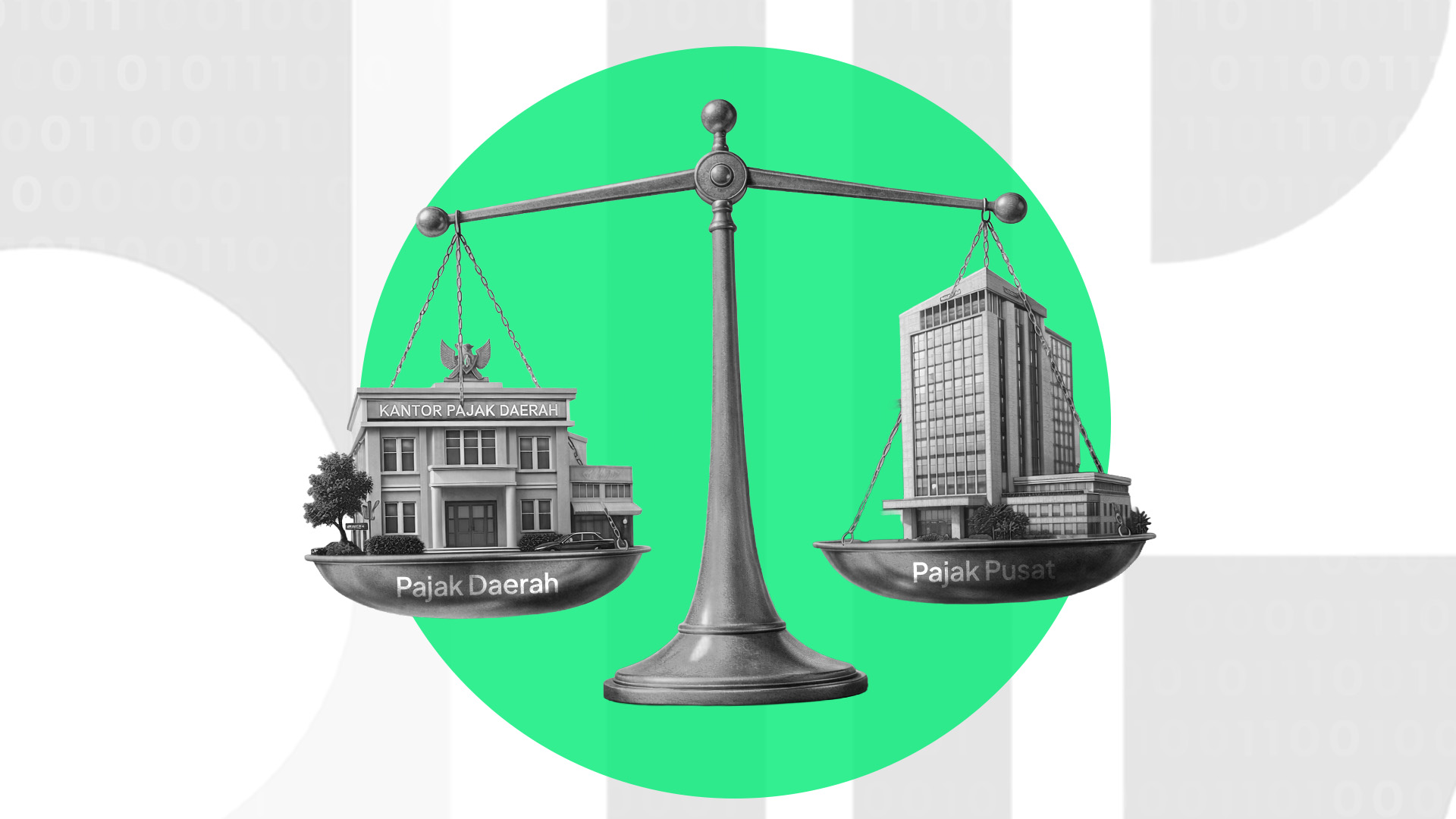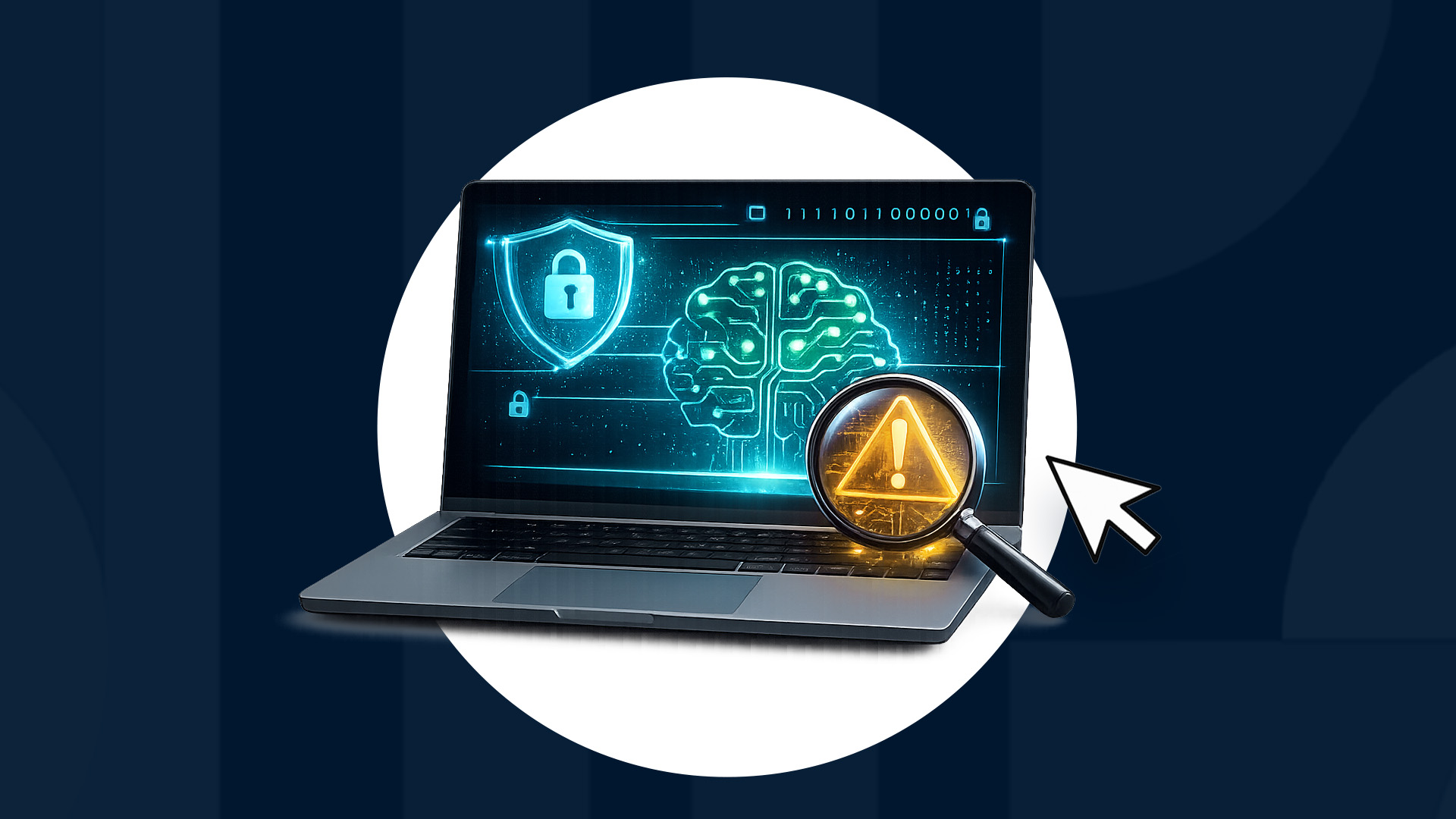The advancement of technology has brought society closer to digital culture and digital literacy. However, let’s not forget digital ethics. This set of principles governs individuals in their use of digital technology.
What is digital ethics? What digital ethics should be practiced in daily life? Let’s dive into the article!
What is Digital Ethics
Digital ethics is a set of principles and values that govern individual behavior in using digital technology and the internet. It covers various aspects, from how we communicate, share information, upload content, to protecting personal data. By applying digital ethics, individuals are expected to use technology responsibly and wisely, creating a safe and comfortable digital environment.
Why Is Digital Ethics Important
- Ensuring Safe Online Privacy
Our personal data is highly vulnerable to security breaches. One application of digital ethics is ensuring that our personal data remains safe and protected.
- Preventing the Spread of False Information
The internet makes it easy to spread information, both true and false. By following digital ethics, we can verify information before sharing it and help prevent the spread of fake news.
- Minimizing the Negative Impact of Social Media
Irresponsible use of social media can negatively affect our mental health. With digital ethics, we can manage social media usage so that it doesn’t interfere with our daily lives and helps maintain our mental well-being.
- Maintaining Courtesy in the Online World
Digital ethics involve politeness and respect when interacting with others in the online world. By maintaining digital ethics, we can create a better online environment and build healthy relationships with others.
10 Examples of Digital Ethics in Daily Life
Digital ethics essentially stem from societal ethics. The difference is that digital ethics are applied in the digital world. What are some examples of digital ethics in daily life?
- Respecting Others' Privacy
Respecting others' privacy is one of the main principles of digital ethics. Don’t share others’ personal information without their permission, including photos, videos, phone numbers, addresses, and other personal details.
- Speaking Politely
Ethics in digital communication is very important. Use polite language and avoid harsh or insulting words when interacting on social media, forums, or other digital platforms.
- Do Not Spread False Information
Before sharing information, make sure to verify its accuracy. Spreading false information or hoaxes is a violation of digital ethics as it can cause confusion and harm to many people.
- Respect Copyright
Using someone else’s work without permission is a copyright violation. Make sure to credit the original creator when using their work, whether it’s writing, images, music, or videos.
- Avoid Cyberbullying
Cyberbullying is the act of attacking, intimidating, or harassing others online. This behavior is against both digital ethics and societal ethics. Avoid this behavior and report it if you see others being victimized.
- Use Your Real Identity
Use your real identity when communicating online, especially in professional contexts. Using a fake identity can damage trust and credibility.
Read also: Examples and Impacts of Personal Data Misuse
- Secure Your Accounts
Make sure to use strong and unique passwords for each of your digital accounts. Enable two-factor authentication (2FA) for an extra layer of security.
- Avoid Plagiarism
Plagiarism is the act of stealing someone else’s work and claiming it as your own. Always credit the original source and avoid copying content without permission.
- Respect Others' Time
Don’t send chain messages or spam to your contacts. This can be annoying and waste the time of those who receive the messages.
- Participate Positively
Contribute positively to online communities. Share useful information, support healthy discussions, and help create a supportive environment.
Digital Ethics Related to Personal Data Security
Personal data security is one of the most important aspects of digital ethics. With the increasing threats to personal data, it’s crucial for every individual to understand and apply digital ethics related to data protection. Here are some principles of digital ethics related to personal data security:
- Protect Personal Information
Never share sensitive personal information such as your ID number, credit card number, or passwords online unless on a trusted site with strong encryption.
- Use Secure Connections
When accessing personal information or conducting online transactions, make sure to use a secure internet connection. Avoid using public Wi-Fi for sensitive activities.
- Enable Two-Factor Authentication (2FA)
Enable two-factor authentication for all accounts that support this feature. 2FA adds an extra layer of security by requiring additional verification besides the password.
- Manage App Permissions
Review the permissions requested by apps before installing them. Don’t grant access to personal information if it’s not necessary for the app’s main function.
- Be Cautious on Social Media
Set your social media account privacy settings to control who can see your personal information. Be careful about sharing your location, activities, and other personal details.
Digital ethics are a crucial foundation for creating a safe and harmonious digital environment. By understanding and applying digital ethics, we can use technology wisely and responsibly.
Personal data security is a critical aspect of digital ethics that must always be maintained and protected. Use VIDA to safeguard personal data in the digital culture era. VIDA’s solutions, such as verification, authentication, and digital signatures provide the necessary security layers to protect personal data while enjoying digital technology.

.png)

.jpeg)
